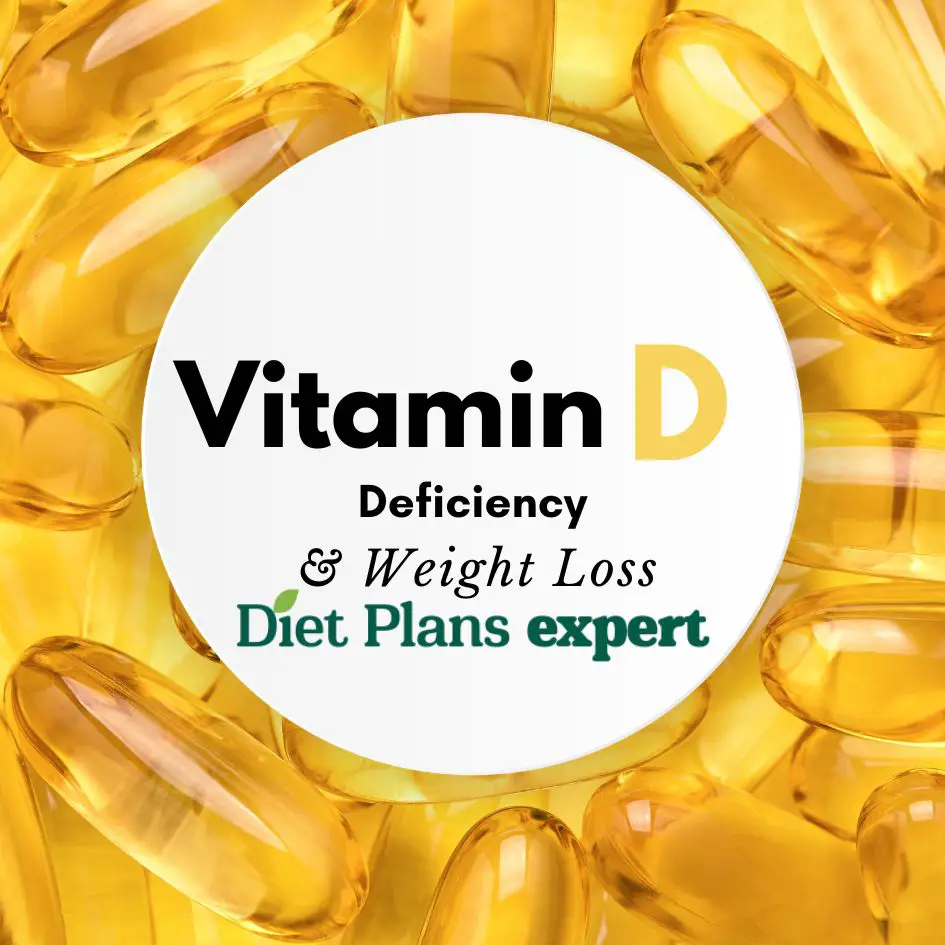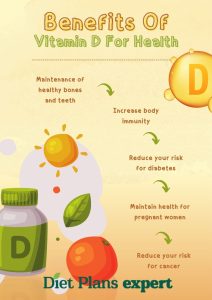
Vitamin D deficiency is a common problem, affecting up to 42% of people worldwide. Vitamin D is important for many bodily functions, including regulating the immune system, maintaining bone health, and promoting weight loss.
In this blog post, we will discuss the impact of vitamin D deficiency on weight loss. We will explain why vitamin D is important for weight loss, list the symptoms of vitamin D deficiency, and discuss the best sources of vitamin D. We will also discuss the benefits and risks of vitamin D supplements, and provide some tips for using vitamin D supplements to help you lose weight.
We hope that this blog post will help you to understand the importance of vitamin D for weight loss and to make informed decisions about your vitamin D intake.
Here are some of the key points that we will cover in this blog post:
We hope that you will find this blog post informative and helpful.

Benefits of Vitamin D
Vitamin D is a fat-soluble vitamin that is essential for many bodily functions. It is involved in the regulation of the immune system, the maintenance of bone health, and the promotion of muscle growth. Vitamin D is also known to play a role in weight loss.
How does vitamin D help with weight loss?
There are a few ways that vitamin D can help with weight loss. First, vitamin D helps to regulate the immune system. When the immune system is functioning properly, it can help to prevent inflammation. Inflammation is a major contributing factor to weight gain.
Second, vitamin D helps to maintain bone health. When bones are healthy, they are better able to store calcium. Calcium is an important mineral for weight loss, as it helps to regulate the body’s metabolism.
Third, vitamin D promotes muscle growth. Muscle tissue is metabolically active, meaning that it burns calories even when you are at rest. Therefore, having more muscle mass can help you to burn more calories throughout the day, which can lead to weight loss.
If you are not getting enough vitamin D, you may experience a number of symptoms, including:
If you are experiencing any of these symptoms, it is important to talk to your doctor to get your vitamin D levels checked.
Conclusion
Vitamin D is an important nutrient that plays a role in many bodily functions, including weight loss. If you are not getting enough vitamin D, you may experience a number of symptoms, including fatigue, muscle weakness, bone pain, depression, and weight gain. There are a number of different ways to get enough vitamin D, including sunlight exposure, foods, and supplements. If you are concerned that you may be deficient in vitamin D, talk to your doctor.
There are a number of different sources of vitamin D, including:
A table about the sources of vitamin D:
| Source | Amount of vitamin D per serving |
|---|---|
| Sunlight | 10-20 mcg per day |
| Fatty fish | Salmon: 360 mcg per 3 ounces; Tuna: 268 mcg per 3 ounces; Mackerel: 254 mcg per 3 ounces |
| Cod liver oil | 1,360 mcg per tablespoon |
| Egg yolks | 39 mcg per large egg |
| Fortified milk | 115 mcg per cup |
| Mushrooms | 4 mcg per 1/2 cup |
As you can see, the amount of vitamin D in different sources can vary greatly. For example, a serving of salmon contains over 300 mcg of vitamin D, while a serving of mushrooms only contains 4 mcg. It is important to choose foods that are high in vitamin D if you are not able to get enough vitamin D from sunlight.
It is also important to note that the recommended daily intake of vitamin D varies depending on your age and other factors. The National Institutes of Health recommends that adults get 15 mcg of vitamin D per day. However, some people may need more vitamin D, especially if they are at risk of deficiency.
It is important to talk to your doctor before taking vitamin D supplements, as they can interact with certain medications.
Pros and cons of different sources of vitamin D:
Tips for choosing the right source of vitamin D for you:
Conclusion
There are a number of different sources of vitamin D, including sunlight, foods, and supplements. The best way to get vitamin D depends on your individual needs and preferences. If you are concerned that you may be deficient in vitamin D, talk to your doctor.
If you are not getting enough vitamin D from sunlight or food, you may need to take vitamin D supplements. Vitamin D supplements are available in a variety of forms, including capsules, tablets, and liquid drops.
Benefits of vitamin D supplements:
Risks of vitamin D supplements:
Tips for choosing the right vitamin D supplement:
Vitamin D supplements can be a helpful way to get enough vitamin D if you are not able to get enough vitamin D from sunlight or food. However, it is important to talk to your doctor before taking vitamin D supplements, as they can interact with certain medications.
Research on the relationship between vitamin D deficiency and weight loss:
There is some research that suggests that vitamin D deficiency may be associated with weight gain. One study found that people who were deficient in vitamin D were more likely to be overweight or obese than people who had adequate levels of vitamin D. Another study found that taking vitamin D supplements can help people to lose weight.
However, more research is needed to confirm these findings. It is still not clear whether vitamin D deficiency is a cause of weight gain, or whether it is simply a marker for other factors that contribute to weight gain.
Conclusion
The research on the relationship between vitamin D deficiency and weight loss is still ongoing. However, there is some evidence that suggests that vitamin D deficiency may be associated with weight gain. If you are concerned about your weight, talk to your doctor. They can help you to determine if you are deficient in vitamin D and can recommend the best course of action for you.
As mentioned in the previous section, there is some research that suggests that vitamin D deficiency may be associated with weight gain. This is because vitamin D plays a role in regulating the immune system, maintaining bone health, and promoting muscle growth.
How vitamin D helps with weight loss:
Tips for using vitamin D supplements to help you lose weight:
While more research is needed to confirm the link between vitamin D deficiency and weight gain, there is some evidence that suggests that vitamin D may play a role in weight loss. If you are concerned about your weight, talk to your doctor. They can help you to determine if you are deficient in vitamin D and can recommend the best course of action for you.
In this blog post, we have discussed the importance of vitamin D for weight loss. We have also discussed the different sources of vitamin D, including sunlight, foods, and supplements. We have also discussed the research on the relationship between vitamin D deficiency and weight loss.
We hope that this blog post has helped you to understand the importance of vitamin D for weight loss and to make informed decisions about your vitamin D intake.
If you are concerned about your weight, talk to your doctor. They can help you to determine if you are deficient in vitamin D and can recommend the best course of action for you.
Read this post for more information about healthy eating tips:
Here are some additional resources that you may find helpful:
